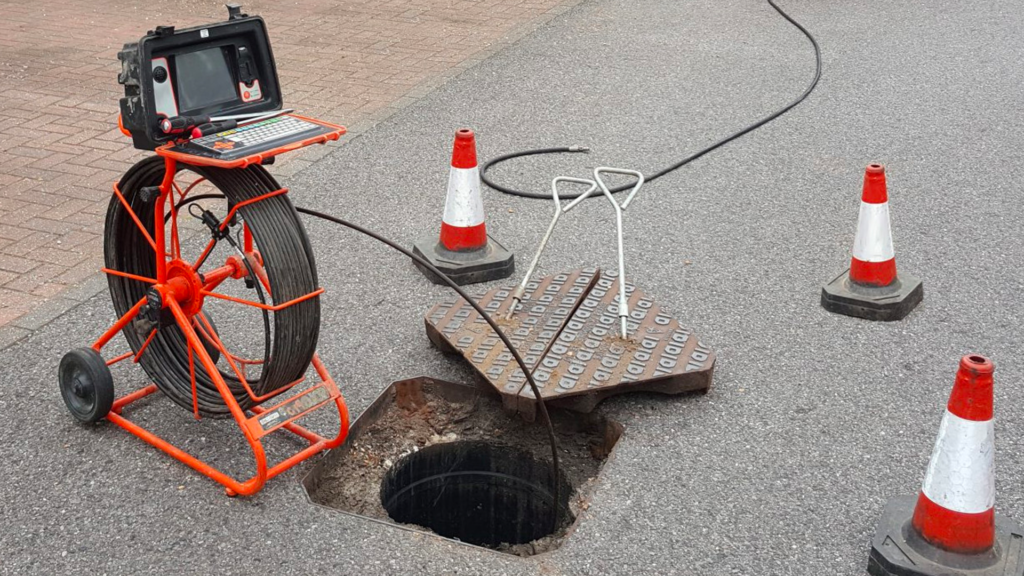A Biased View of Reclaim Waste
A Biased View of Reclaim Waste
Blog Article
Some Known Facts About Reclaim Waste.
Table of ContentsThe smart Trick of Reclaim Waste That Nobody is Talking AboutLittle Known Facts About Reclaim Waste.The Greatest Guide To Reclaim WasteWhat Does Reclaim Waste Do?About Reclaim Waste
Discover the types, events, and types of fluid waste. Domestic sewer waste refers to the waste and products from a household sewage-disposal tank. This type of waste is developed by humans in homes, schools, and various other buildings. This only includes sewage-disposal tanks that have a drain area. The proper administration and disposal of residential sewer waste need liquid waste to be moved to a sewage therapy plant where the appropriate techniques and devices are applied to purify and take care of waste.
Business waste frequently consists of possible risks, such as flammable products or a combination of fluid and strong waste items, and calls for an advanced and thorough disposal procedure. The disposal of business waste commonly includes the filtration of waste before transportation to make certain risk-free and proper disposal. Hazardous waste is created from by-products and runoff of industrial processes and manufacturing.
This type of waste can not use the exact same sewage management transportation or processes as septic or commercial fluids. The industrial waste monitoring procedure needs the evaluation and screening of liquid waste prior to it undertakes the disposal process (liquid waste removal melbourne). Overflow waste is the liquid waste that comes from drainage and excess stormwater in very populated locations or cities
Runoff waste can cause contamination and flooding if not managed properly. Making sure appropriate waste administration can prevent disasters and decrease ecological damage.
Little Known Facts About Reclaim Waste.
Contact PROS Solutions today to learn more about our waste monitoring and disposal solutions and the appropriate means to care for the fluid waste you generate.
(https://gravatar.com/maximum5d830db060)Do you recognize what takes place to your water when you draw the plug, flush the commode or drain pipes the washing equipment? No? Well, it's worth recognizing. This so-called 'wastewater' is not just a vital resource but, after therapy, will certainly be launched to our land, rivers or the ocean. Used water from commodes, showers, bathrooms, kitchen area sinks, washings and commercial procedures is understood as wastewater.

water made use of to cool machinery or tidy plant and devices). Stormwater, a kind of wastewater, is drainage that moves from farming and city areas such as roofs, parks, gardens, roadways, paths and gutters into stormwater drains, after rainfall. Stormwater flows without treatment directly to neighborhood creeks or rivers, ultimately reaching the sea.
The smart Trick of Reclaim Waste That Nobody is Talking About
In Queensland, many wastewater is treated at sewage treatment plants. Wastewater is moved from residential or industrial websites through a system of drains and pump terminals, called sewage reticulation, to a sewage therapy plant. Regional governments develop, preserve and run most sewage therapy plants. Operators are licensed under the Environmental Management Act 1994 to release treated wastewater at an acceptable ecological standard into rivers.
The Division of Natural Resources advises neighborhood federal governments regarding handling, operating and preserving sewerage systems and therapy plants. In unsewered locations, city governments may require householders to mount specific or household sewage therapy systems to deal with domestic wastewater from bathrooms, kitchen areas, restrooms and laundries. The Department of Natural Resources authorizes the usage of family systems when they are shown to be efficient.
In some new communities, treatment of some stormwater to remove clutter, sand and crushed rock has actually begun making use of gross pollutant catches. Wastewater therapy happens in 4 stages: Eliminates strong issue.
Wastewater here after that moves right into big tanks where solids resolve and are gotten rid of as sludge. Oil and scum are skimmed from the surface area. Makes use of small living organisms called micro-organisms to break down and remove staying liquified wastes and great particles. Micro-organisms and wastes are integrated in the sludge. Eliminates nitrogen and phosphorus nutrients that could create algal blossoms in our rivers and intimidate marine life.
All about Reclaim Waste
Nutrient removal is not readily available whatsoever sewage therapy plants since it requires pricey specialized tools. It is becoming much more usual in Queensland. Clear fluid effluent created after treatment might still contain disease-causing micro-organisms. If this effluent is released right into waterways such as rivers or the sea, the micro-organisms will ultimately pass away out.

The majority of wastewater streams right into the sewerage system. Under the Act, regional governments provide approvals and permits for ecologically pertinent activities (Periods) involving wastewater launches that could have a regional influence.
Reclaim Waste Things To Know Before You Buy
Or else, samples are taken for lab analysis. Frequently lots of examinations are required to develop the levels of each of the different pollutants such as oils, heavy metals and chemicals in water. Tracking supplies valid details concerning water quality and can confirm that licence conditions are being met. The information obtained through monitoring offers the basis for making water high quality decisions.
Report this page